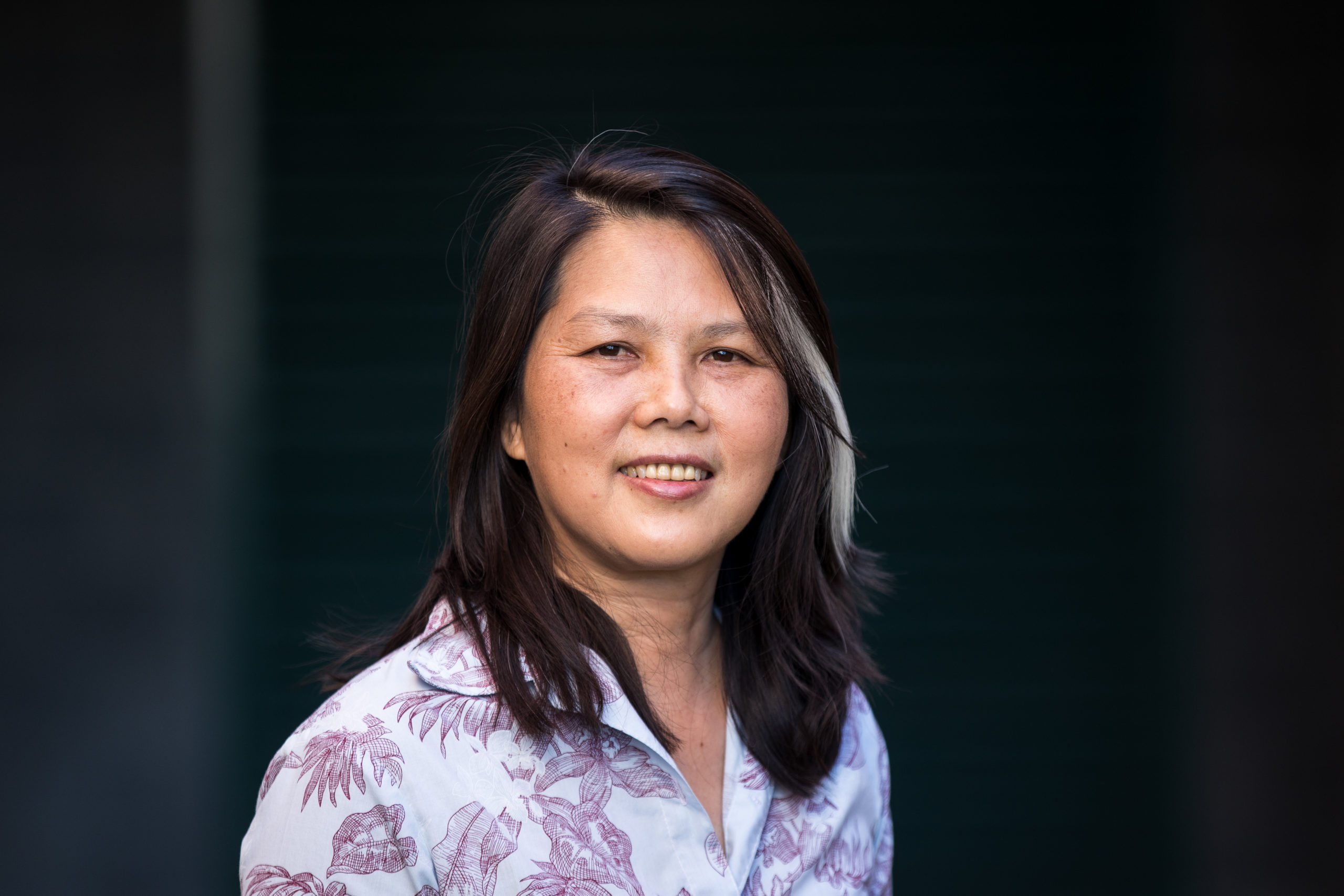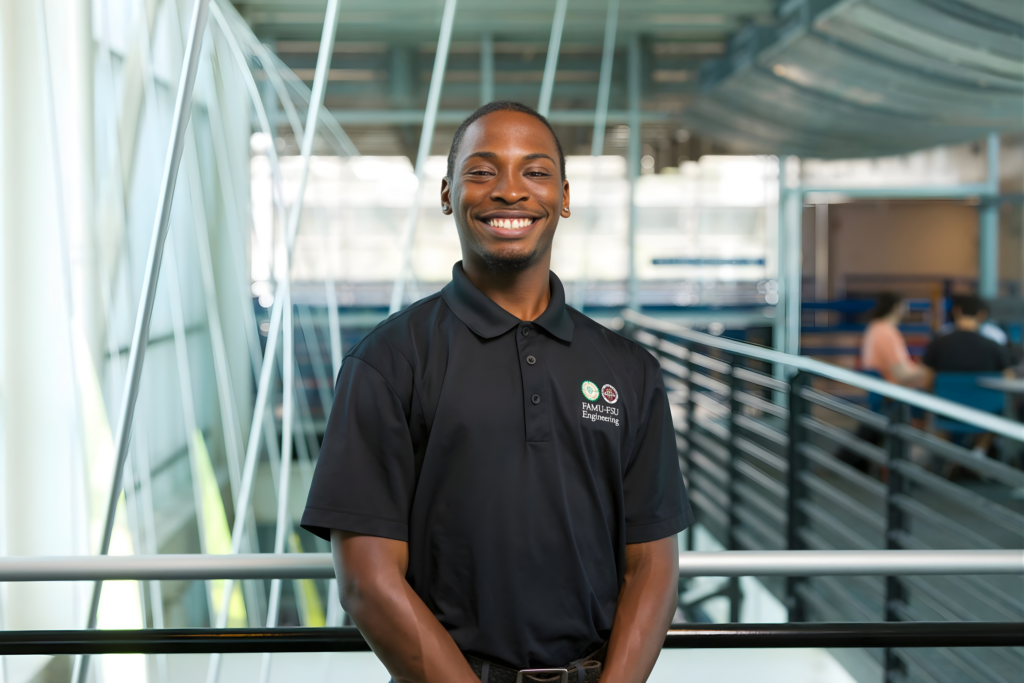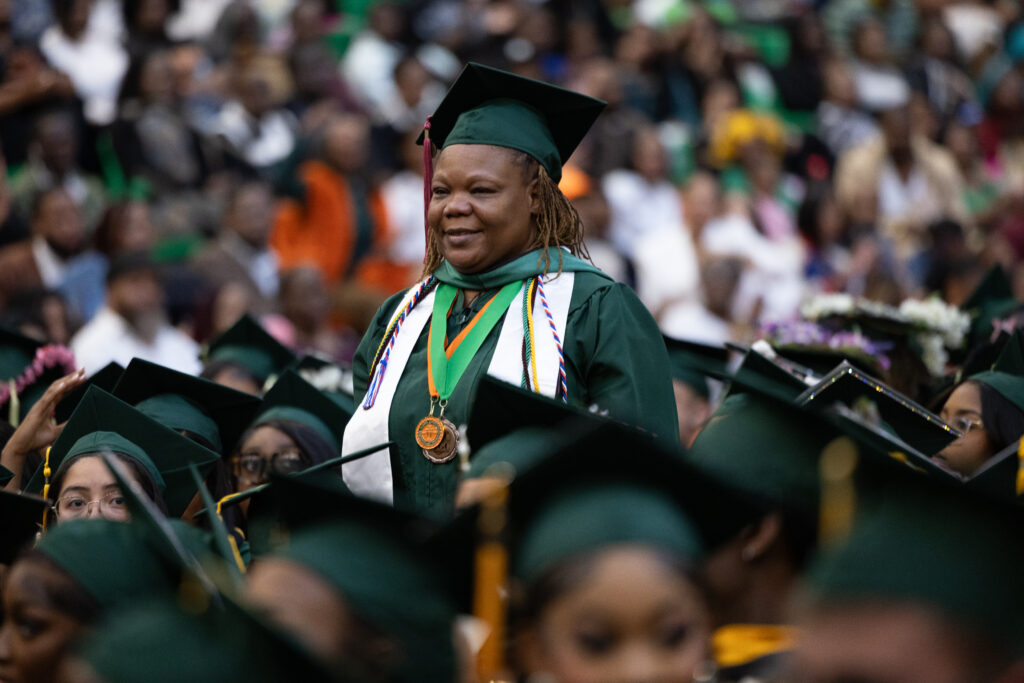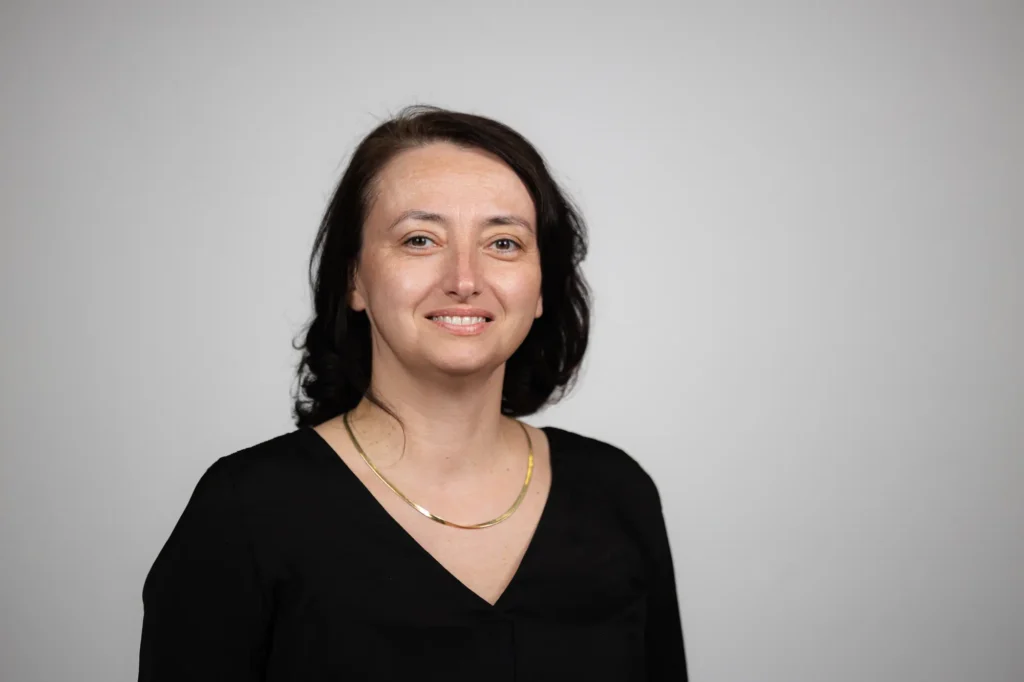
TALLAHASSEE, Fla. — Hsuan Huang, Ph.D., an associate professor of public relations at Florida A&M University’s School of Journalism & Graphic Communication (FAMU SJGC), has completed groundbreaking research on how students perceive and respond to generative artificial intelligence (AI) applications when integrated with discipline-specific training and hands-on learning assignments.
Huang recently presented her research at the Eastern Educational Research Association Conference in Hilton Head Island, South Carolina.
Her study, “Perception and Learning Benefits of an AI-Powered Social Media Internship Simulation Assignment,” explores students’ perceptions, attitudes and learning outcomes when completing an AI-simulated social media marketing internship. The study was conducted during Huang’s social media data analytics course, where assignments helped students analyze the best strategies for social media content performance using AI technology, providing them with realistic internship projects. The AI-simulated social media campaigns allowed students to engage in experiential learning and apply real-time feedback to their work, a key component of SJGC’s teaching approach.
“The study suggests that AI-driven assignments offer great promise in delivering challenging, beneficial, and nuanced simulation practice that ultimately benefits students eager for real-world experience, which they would not otherwise get in regular class settings,” Huang said.
Students participating in the study stated that they found the simulations interesting, engaging, and useful in practicing implementing social media marketing strategies.
“We applaud Dr. Huang for accomplishing her goal of demonstrating how higher education institutions can bridge the gap between classroom instruction and professional practice through the power of AI,” said FAMU SJGC Dean Mira Lowe. “Since its inception, SJGC has been a model for hands-on learning experiences through our student media programs. Now, Dr. Huang’s research extends innovative opportunities to students who wish to hone their skills in new, interactive ways.”
Next, Huang is preparing to submit a manuscript based on her findings to various education journals for publication consideration, which she hopes will serve as a valuable resource for educators.
Huang’s contributions to AI immersion on FAMU’s campus also include her participation in the National Science Foundation-supported Scholarship of Teaching and Learning Academy and her work as a member of the provost’s Artificial Intelligence (AI) Advisory Council, which guides AI-related initiatives across the university. The council is co-chaired by Desmond Stephens, associate dean of the College of Science and Technology and director of the STEM Center for the Advancement of Learning, Achievement and Research.
“The AI Council and the Scholarship of Teaching and Learning Academy both aim to provide guidance and support for faculty engaging in innovative teaching activities that ensure our students are well-equipped for the future,” said Stephens. “Dr. Huang’s presentation at the Eastern Educational Research Association Conference is a great example of how our faculty are integrating AI into education and student professional preparation.”





